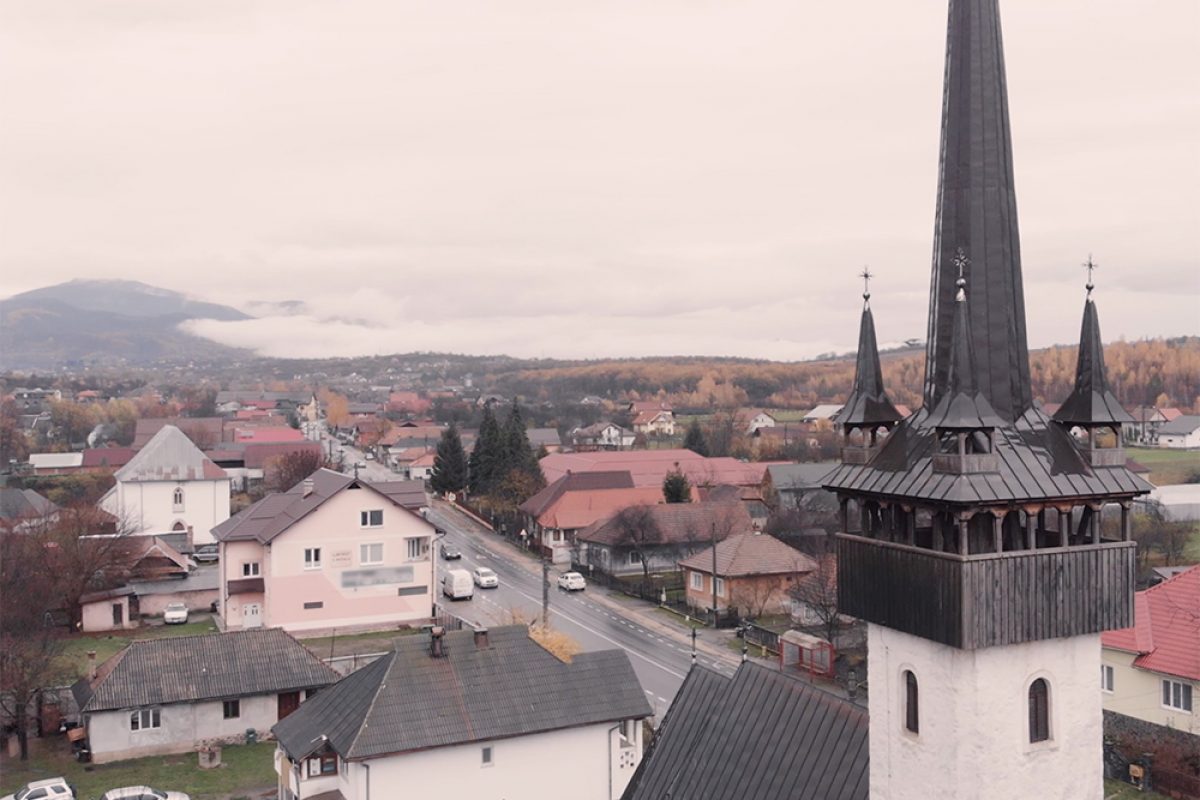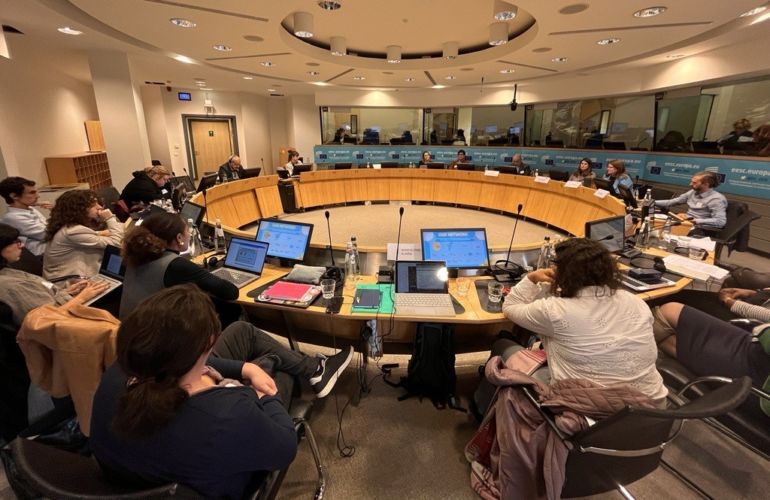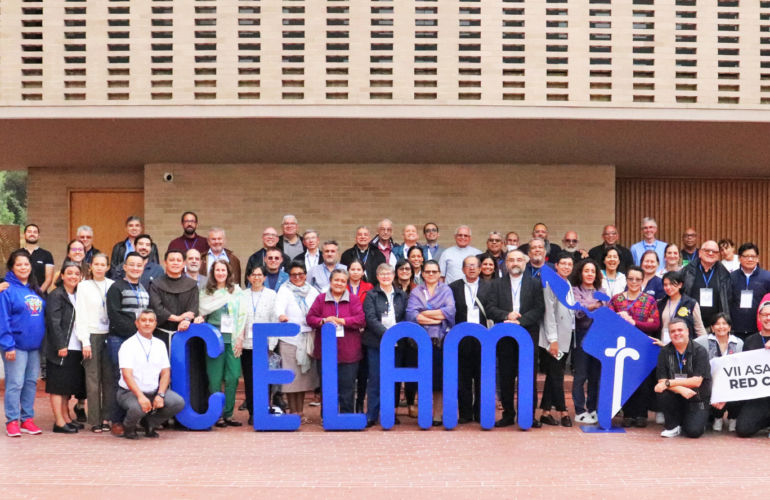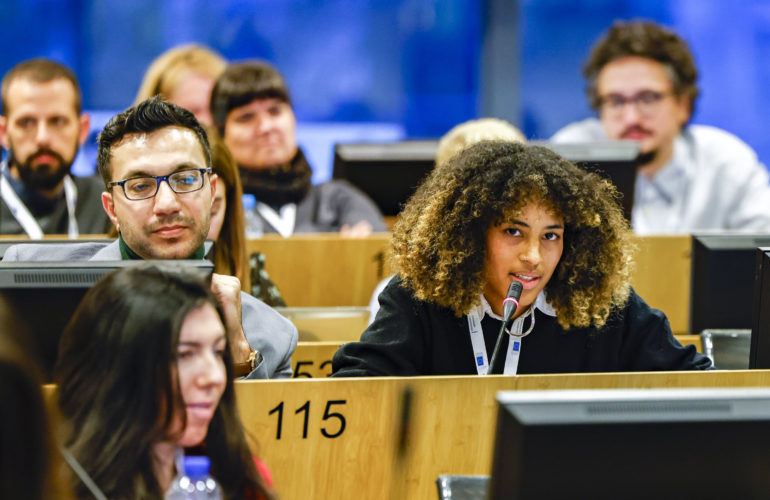Supporting Better Integration in Small European Communities

ICMC Europe and the SHARE Network are supporting evidence-based strategies for better integration of refugees and migrants in small communities by promoting the exchange of research results and experiences.
On 25 June, ICMC Europe and the SHARE Network co-organized a seminar on the integration of migrants and refugees as a factor in local development in small European communities. Participants included researchers, local government officials and representatives of the European Commission.
The seminar was part of the European Committee of Regions’ new platform, Cities and Regions for Integration Initiative, a network through which mayors and regional leaders can showcase positive examples of integration of migrants and refugees, share relevant information and promote diversity.
Based on migration research and experience, panelists discussed the advantages and challenges faced by migrants and refugees who settle into smaller communities in Europe.
Considering the situations presented, the panelists noted significant variations between the situations of migrants and refugees in different countries. The challenges, including difficult access to public transportation, education and healthcare, social exclusion and poverty, were intensified in remote areas prone to depopulation.
In some cases, technology allows the provision of remote services, which can help alleviate some of the challenges. However, Maria Gafo of the European Commission’s Directorate-General of Agriculture and Rural Development noted that the areas where internet connection is most limited are also the ones facing the most difficulties. Connectivity is also a factor for migrant retention: “Young people don’t stay in areas without internet,” she said.
Researcher Matthieu Tardis of the Institut français des relations internationales presented findings from research completed in collaboration with ICMC Europe through the SHARE Network. The study focuses on resettlement in smaller French communities.
“One very positive point, which was a surprise, concerned employment. […] Refugees on most of the territories researched were able to enter the job market.” Tardis explained that the strong presence of informal networks of inhabitants highly involved in welcoming refugees allowed them to circumvent recruiting procedures that can be prejudicial, such as writing a CV, sending a letter of intent or attending an interview. “Passing through more informal networks allowed them to access the job market more directly,” he says.
Some services investigated require coordination at a higher level. Among them, Tardis mentioned education for teenagers above 16 years of age, who were sometimes turned away by schools or placed at an inadequate level. Finally, Tardis said that many of the challenges faced by migrants when it comes to accessing healthcare and services also pose problems for all residents of the region.
Magdalena Boehm from ICMC Europe presented the “Small Places, Great Hearts” video series, produced by the SHARE Network and its partners. The series reveals the resettlement experience of many refugees in smaller communities in seven European countries.
Participants concluded that when it comes to integration in small communities, there is no “one size fits all,” that success depends on a certain level of flexibility and that cooperation between national, regional and local governments and civil society is essential.
ICMC and the SHARE network organized the seminar in partnership with the European Committee of Regions, the Organization for Economic Cooperation and Development, the Council of Europe Development Bank, the Council of European Municipalities and Regions and the Urban partnership for inclusion of migrants and refugees.
Established in March 2012 and led by ICMC Europe, the SHARE Network provides a platform for mutual exchange and learning among local and regional actors working on or considering resettlement and advocates for more and better resettlement and other complementary pathways in Europe.


